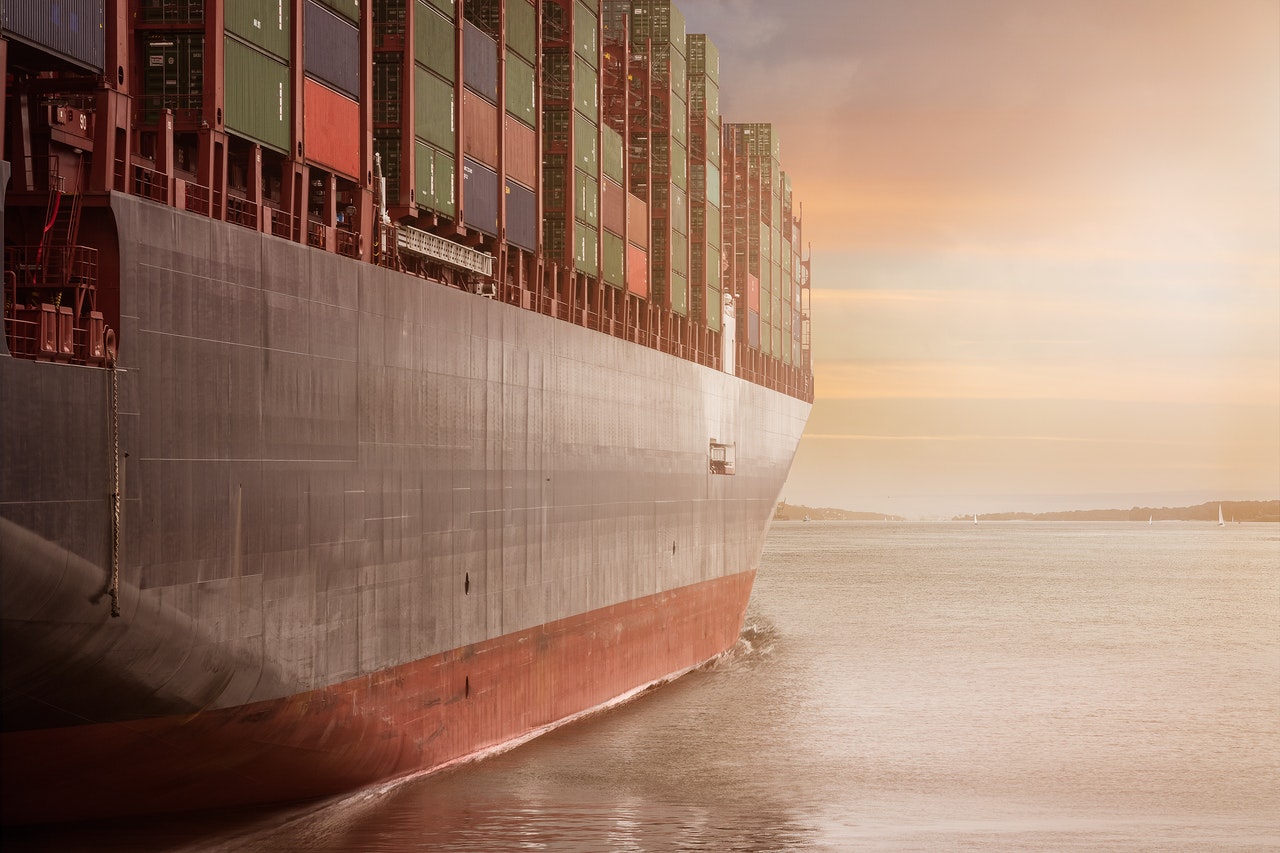As the prices of all types of goods have increased over the last months, hawk-eyed shoppers have noticed that goods on sale in Sicily are often found for considerably less than the same products in Malta, prompting consternation and frustration among a population that has seen its cost of living skyrocket.
A recent Times of Malta piece found that groceries in Sicily cost around 30 per cent than in Malta.
However, the price differences are also a symptom of Sicily’s status as an island region forming part of a larger country, whereas Malta, as a country, must face the brunt of such price shocks without the advantages its northern neighbour can rely on, according to Franco Azzopardi, former CEO of a leading logistics company.
“In the analysis of price differences between Sicily and Malta, one point people always forget is the fact that the Italian Government subsidises freight, from Genoa, typically, through the ‘marebonus’, using European funds,” he says.
In essence, Italy argues that if a trailer had to take the long road south, it would be too expensive, so instead they take sea routes at subsidised prices.

There is a rail equivalent too, the ‘ferrobonus’.
“Say an importer buys mobile phones, cauliflower – anything – from mainland Europe, the objective difficulty of getting it to Sicily or to Malta is minimal, but the price difference is enormous,” says Mr Azzopardi.
“The same importer buying the same product from the same supplier at the same price will see a different cost to get it to Sicily or Malta, due to this subsidy.”
In fact, many products are the same price in Malta and Sicily, based on the recommended retail price (RRP), due to supplier conditions. “So if the product is bought at the same price and sold at the same price, but the freight is less – someone is gaining, and someone, unfortunately, is losing.”
“If it stops in Sicily, it will be subsidised, but no one is subsidising cargo transport to Malta. As transporters, we must charge full prices.”
Mr Azzopardi notes that, in reality, this has been the case for many years – Maltese transporters have long made lower profits than their Sicilian counterparts. But as prices exploded, these differences got thrown into sharp relief.
He continues by recalling that when the Government sold off Sea Malta, it entered a public service obligation with the Italian shipping line Grimaldi, as otherwise, if a shipping line simply found Malta unprofitable, it would cause untold damage to the Maltese economy.
“So it is obliged to serve the Maltese market, but, presumably, at market rates,” continues Mr Azzopardi. “The same line, operating to Sicily, is being subsidised, and obliged to pass on those savings to its clients.”
He also points out that Malta also suffers because it imports so much produce from abroad, like from the Netherlands, while Sicily and Italy have their own – “so they’re at an advantage in that regard”.
Two years since its birth, Moneybase features on Microsoft’s Customer Stories
Moneybase has now just been featured on Microsoft’s latest Customer Stories
Finance Minister confirms continuity of food and energy subsidies
Spending on food and energy subsidies as a percentage of the GDP will be at 0.7% in 2025
MHRA congratulates Glenn Micallef on EU role, highlights positive impact on Malta’s tourism and cultural sectors
The lobby group emphasised that Malta’s cultural assets and sports scene are key factors in attracting visitors and fostering economic ...






